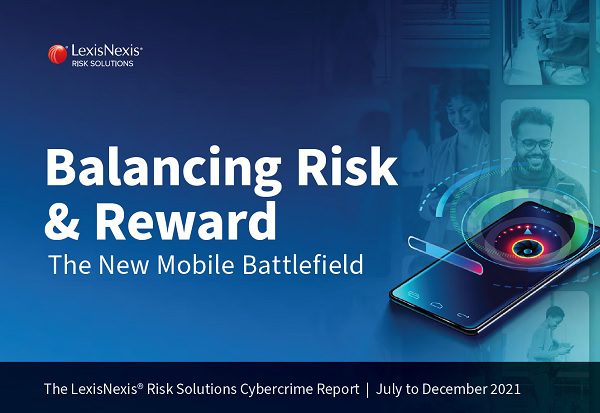Fraud Returns As Economies Reopen
Although the final weeks of 2021 will be remembered for the resurgence of the pandemic, driven by the new Omicron strain, the second half of the year actually marked the end of restrictions and the reopening of economies in many parts of the world. Especially in Europe, the Middle East and Africa (EMEA) and North America, consumers returned to physical stores and offices and travel began to resume, although the trend to digital services enforced by the pandemic showed no signs of reversing. What has also become clearly apparent from analysis of the LexisNexis® Digital Identity Network®, is that fraud is on the rise as consumer confidence returns. As consumers globally continue to drive demand for a customer-centric digital world, companies are prioritizing their digital customer excellence strategies to retain and acquire new customers, which is advantageous for legitimate consumers, but may lead to opportunities for fraudsters.
Consumers from mature digital markets continue to transact online, but emerging markets are truly leading the way in embracing the digital journey and driving growth in the network – often bypassing traditional browser interactions altogether and going straight to mobile apps. For the first time, the mobile share of transactions in the network reached 75% as app-based companies and industries increase in dominance. The underbanked are choosing easily accessible digital banking solutions, retail investors are embracing cryptocurrency exchanges and Buy Now Pay Later (BNPL) is seeing global popularity in the payment landscape.
While fraudsters are continuing their use of automated bot attacks seen throughout the pandemic, the human-initiated attack rate seen in the network rose for the first time since 2019, with financial services being the clear target. As anticipated for some time, fraudsters are now starting to capitalize on the fruits of their bot labors during the pandemic, using them in sophisticated attacks and scams. While fraudulent account creations remain a high risk, account takeover attempts have been increasing rapidly. No regions of the world appear immune to these attacks as governments, celebrities and the financial industry fight back with scam education campaigns. The ability to clearly recognize known, trusted customers at the moment of account access while identifying anomalies associated with any requests to reset passwords or change account contact details, is crucial in the fight against these relentless criminals.


